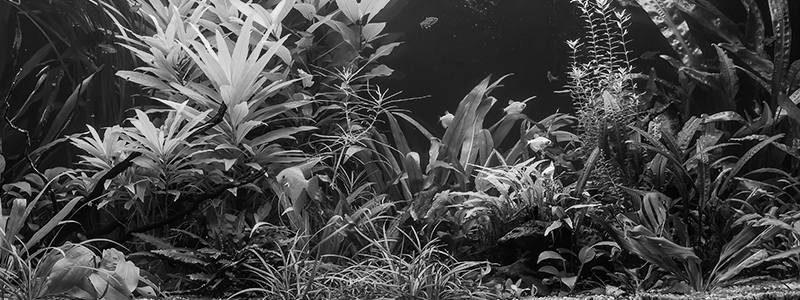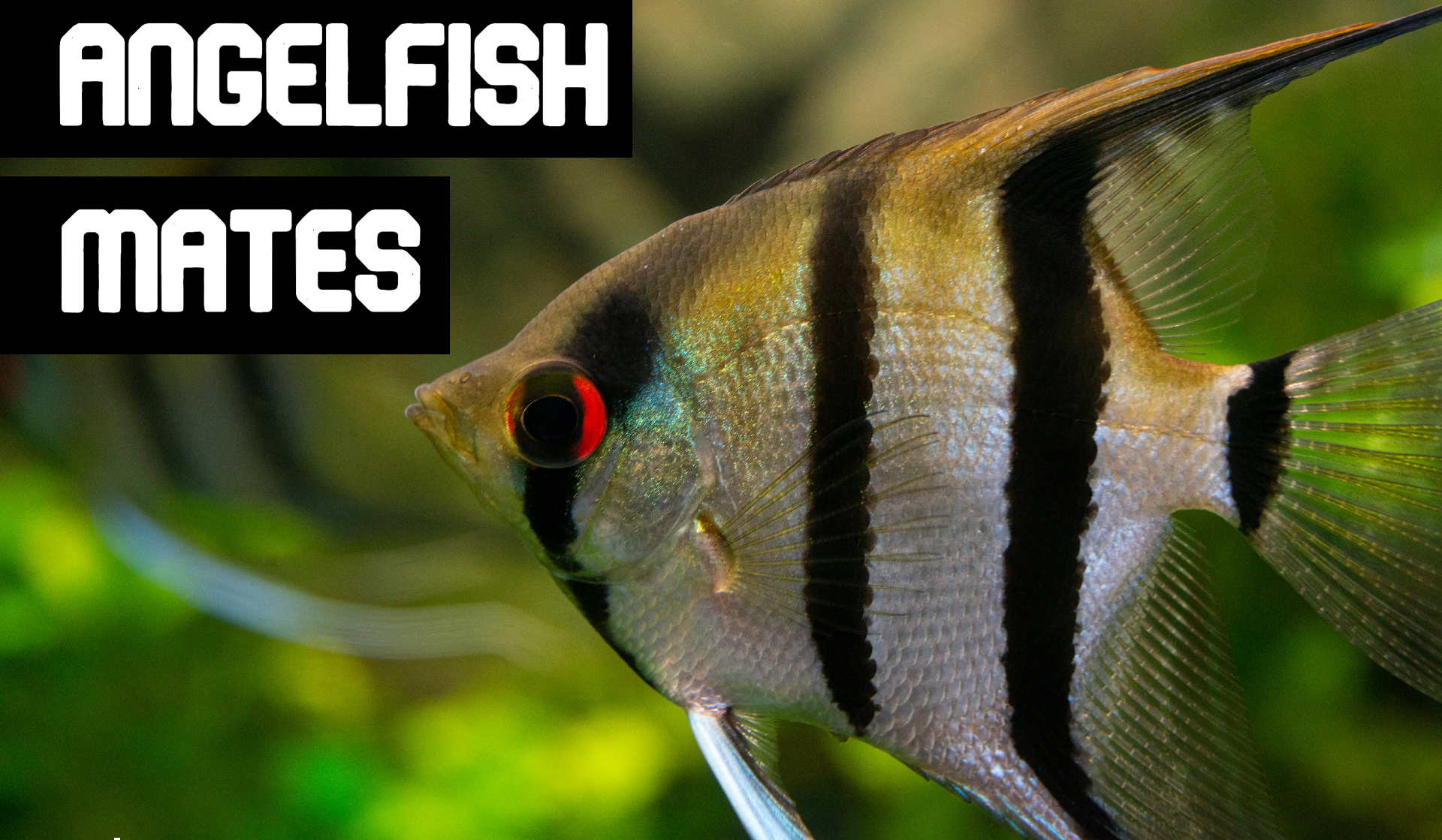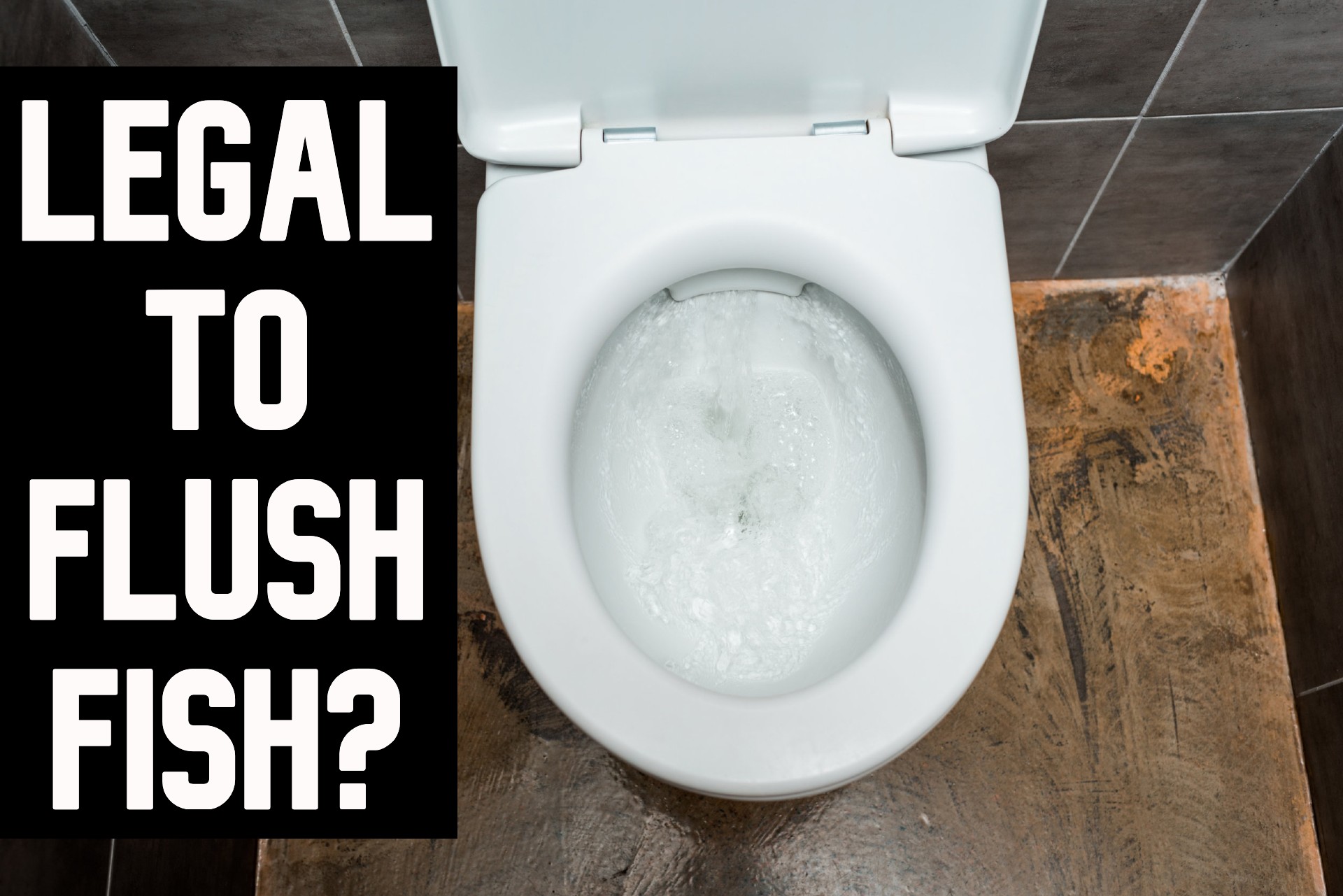Hopefully, you never have to go through the experience of losing power to your fish tank. It’s scary to lose power in general, but realizing your fish are without heat, light, and filtration makes it even worse. Of course, short power outages are no big deal, but if the power is off for hours, or even days, is there anything you can do to keep your fish alive?
How long can fish live without power? Most tropical fish can live for two to five days without power. Believe it or not, in 2017, 36.7 million Americans experienced a power outage, which was more than double the total from the year before. And the average length of time a power outage lasted in 2017 was about 81 minutes. At some point in time, this is probably an issue you’ll have to face.
How long your fish can survive without power depends on several factors, including:
- Maintaining a steady water temperature
- Keeping the water oxygenated
- Filtration/clean water
- How many fish are in your tank
I take a look at those factors and more in this article, including whether you should remove fish from the tank during a power outage or leave them in.
Water Temperature
One of the main concerns, when the power goes out, is keeping your tropical fish warm enough since the heater is no longer running. If the outage occurs in warm weather, and the ambient room temperature is roughly the temperature in the tank, then you should be fine here, since water will take on the temperature of the air around it and maintain that temperature when it’s sealed (like in a closed aquarium).
In cold weather, or if the room temperature is too cool, but the outage is short, the water won’t have enough time to change too much, and the fish should be just fine, because water has a temperature change “lag time,” since it tends to hold on to heat longer than air does.
What can you do for longer outages?
You can wrap your tank in blankets, towels, or clothing to keep in the heat. You can also add warm water, but use caution! You don’t want to overheat the fish or add water that will actually lower the temperature of a tropical tank.
There are a couple of safer ways to do this, but there’s always some risk of changing the water temperature too quickly and causing temperature shock for your fish. A rapid decrease in water temperature can kill or injure your fish, so don’t try to change the water temperature too quickly.
Before attempting to adjust the water temperature, check the temperature first. If the temperature is off enough to cause concern, then do the following:
- If the temperature needs to be adjusted, and you can heat water on a grill, gas stove, or another device that works without electricity, then heat up a small amount of water. Carefully pour the heated water into a Tupperware container, and let the container float in the tank.
- If you don’t have a Tupperware container to spare you can heat water and mix it with room temperature water. The water you add to your tank shouldn’t feel warm. Humans regulate our temperature at around 100 degrees, meaning the water you add will feel cold to the touch. The only accurate way of measuring the temperature of the water would be to use a thermometer.
- If the temperature needs to be adjusted down, and you have ice or snow available, put some in a Ziploc bag and let it float in the water.
- Keep your eyes on the water temperature to be sure it doesn’t get too warm or too cool after adding the water/ice/snow.
- If you do notice too much of a temperature change, you can always remove the heated or cooled water/ice/snow.
- Repeat as necessary.
The opposite would be true for cool water fish—if the power goes out in warm weather, and the air temperature is warmer than the water in the tank, you’d want to keep the water cooler than the air temperature.
Filtration/Clean Water
No power also means no filter, which means more waste hanging out in your water. This also means more ammonia in your water.
You may have to siphon out waste more often during a power outage since the filter can’t do this job for you. You may also want to do a couple of water changes if the power is out for an extended time to help remove excess ammonia or nitrites.
If you have a filter with a Biowheel or similar medium, you’ll want to keep it wet. Otherwise, all of the good bacteria that were living in the media will die off. This will negatively affect your filtration system.
This is also a good time to remove the filter and rinse it out before the power comes back on. You should change the filter cartridge(s) as well, so everything’s fresh and clean when the power returns.
Oxygen
Another thing filters do for us that we don’t always think about is keeping the water moving, which oxygenates the water so fish can breathe. When the filter goes out, there’s nothing keeping the water moving, and it can be easy for the fish to struggle for breath.
This might not be a big deal to “air-gulpers”—fish like corydoras, gouramis, betta fish, and others that can gulp air from the top of the water. But for other fish, this could be deadly.
So, what can you do to keep the water oxygenated?
- Manually move the water around (with anything that’s fish-safe, even your clean hands)
- Add a battery-powered air stone/bubbler to keep the water moving
- Remove some of the water, since only the top inch or two holds onto the oxygen.
Removing the water does a couple of things for your fish: it makes it easier for fish to get to the oxygen layer in the water, and their own swimming movements will be enough to keep the water moving if they’re only swimming in a few inches of it.
Number of Fish
It goes without saying that the more fish you have in the aquarium without power, the more likely it is that the water quality will drop due to higher ammonia and nitrite levels. You may have to temporarily split up the fish until your power returns to avoid any ammonia/nitrite spikes.
What About Food?
If the outage only lasts a few days, it’s probably best not to feed the fish! Believe it or not, fish can easily go a couple of days without food, and some can go even longer.
So, what’s the big deal about feeding the fish, though? Unfortunately, any leftover food will break down into ammonia, and any fish waste (from eating the food) will also break down and produce ammonia.
Without the help of the filter, you’re just adding extra waste to the aquarium and allowing ammonia and waste products to build up in the tank.
This is especially true if you end up removing your fish from the tank during the power outage and placing them in a temporary container—and you lose the extra benefit of the good (nitrifying) bacteria to help reduce ammonia build-up in their temporary quarters.
Battery Backups to Save Aquariums During Power Outages
Battery backups are budget-friendly when compared to generators. Investing in a battery backup would allow you to make sure your fish tank system stays operational. Battery backups will minimize the number of casualties not prevent them.

Battery backups work similar to a power strip, the only difference is that there are outlets designated to stay powered on if the power goes off. These slots are best saved for equipment such as your filter, heater, air pump, or powerhead(s). All other equipment can wait until your power is fully restored. If your power outage is said to last longer than a day, I highly advise prioritizing what equipment to run. Of course, each situation can be different, here are some factors to take into consideration:
- How heavy is your fish tank stocked? Heavily stocked: Run an air pump/air stone to keep your fish from suffocating.
- What time of year is it? If it’s summer you don’t need to run a heater, if it’s winter you should.
- With saltwater tanks, powerheads are much needed to keep the water moving. If you don’t have an air pump you can also use powerheads to agitate the water surface to make sure your water stays oxygenated.
I highly recommend a battery backup to beginners and advanced fishkeepers. Here is a great recommendation that you should take a look at if you are interested in a backup battery!
Portable generators
Generators could be a large investment, but if you live in a state that is prone to power outages, like California or Texas, then it may be worth it. Especially if you have an aquarium with expensive stock such as reef tanks and monster fish tanks.
In Summary
If you lose power, don’t panic! Your fish will be okay for a few hours to a few days, as long you take a few simple precautions:
- Unplug your equipment
- Maintain the water temperature
- Don’t feed the fish
- Keep the water moving/oxygenated
- Remove extra fish waste
- Clean the filter/keep the bio media wet





